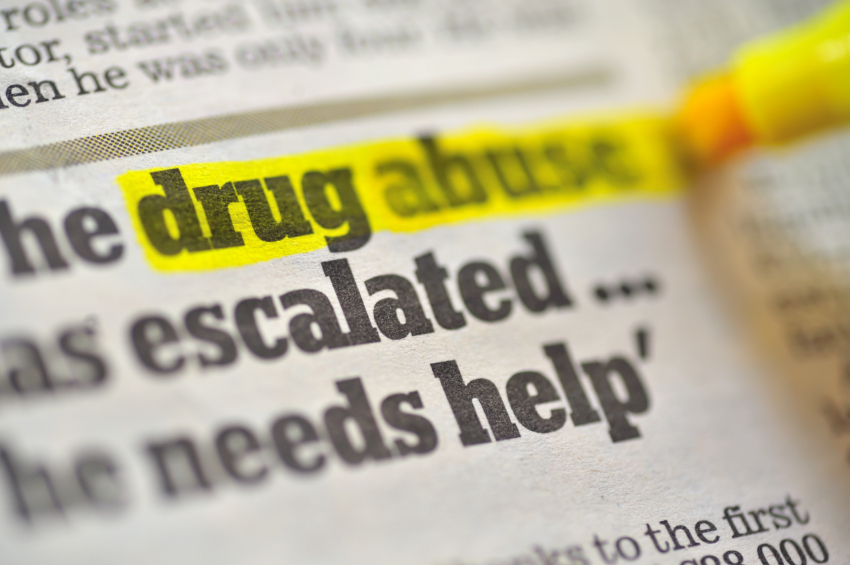On a recent show, comedian John Oliver addressed the prospect of a future virus pandemic that could prove even more damaging than the current one. Yes, that is possible, even likely. Scientists have been predicting it for a long time now.
I know, it’s weird to think of such a serious topic in the context of TV comedy, but that’s Oliver for you. He pushes boundaries. Often with more success than the experts.
Of interest to those in the field: When the next drug epidemic comes, will America be ready? Right now the answer would have to be “no, not really”. Several factors justify that conclusion:
- First, our systems remain fragmented, lacking the necessary infrastructure for a response that qualifies as prompt, effective, and sustainable. Translation: we’re likely to fall behind again, and struggle to catch up.
- We face the prospect of new synthetic drugs that are highly addictive, cheap to make, and likely to cause fatalities. Using existing channels, they’ll penetrate all levels of society, with outbreaks in multiple areas of the country rather than restricted to a single region.
- As with the opioid epidemic, the danger will likely come from commercially produced substances as well as illicit ones. That could include cannabis and so-called ‘psychedelic’ drugs.
What would it take to be ready when the next crop of substances arrives, bearing fresh victims and the promise of more to come?
- First, a good early warning system. To me, that means real-time tracking from multiple sources that feed into a central database and distribute data and analysis across state lines. I was interested in so-called ‘citizen scientists’ who use their phones to report on the pandemic. Raw data like that can be invaluable to analysts.
- Next, a coordinated public information effort to keep the issue front and center. Not one that relies on commercial media to decide what we should know and when we should know it. Not in the Age of Misinformation, that is.
- Third, a genuine treatment infrastructure that stands ready to adapt to surges in demand.
- Cooperation between Law Enforcement, Healthcare, and Social Services. Really the only way to avoid the silos that plague such public health efforts.
- Last but not least, the Political Will to accomplish this. Every nation struggles there, even dictatorships. As Pogo would say: “we have met the enemy and he is us.”
There was a clip on Oliver’s show of a scientist masked and garbed like an astronaut, down on her knees in a cave collecting specimens from bats– worrying aloud about continued funding for research when this particular pandemic is over. In the past, funds have simply dried up. Other priorities take precedence. Much of this is media-driven.
Back in 2017, a new Administration decided it was a splendid idea to disband the council of genuine experts formed to prepare the nation for such epidemics. In hindsight we recognize the absurdity of that decision– a classic example of ‘penny wise, pound foolish’, in view of what followed. How much better might our response have been if that one simple decision not been made? In terms of lives saved, that is.
It would be great if we could learn from our experience with the opioid epidemic. Better than waiting for Nature to remind of the consequences of failure.













